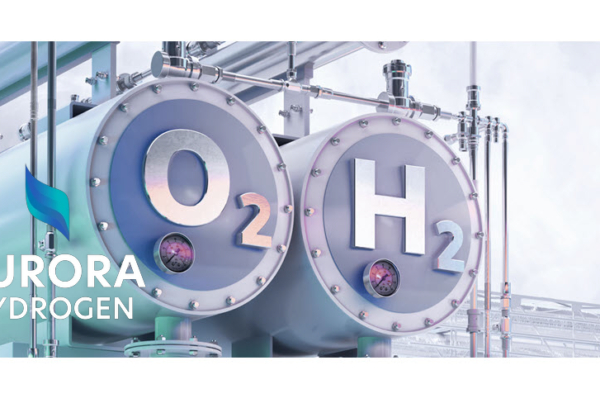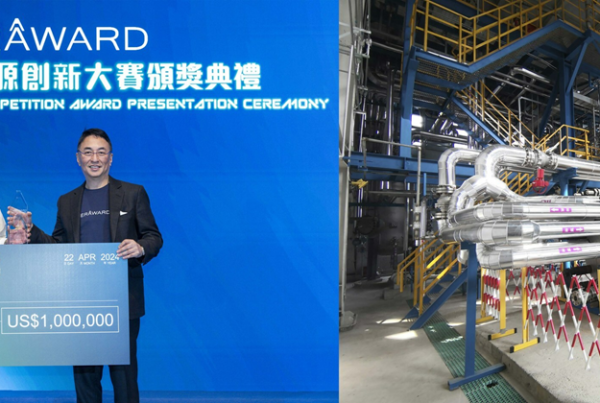
Inside, Volkswagen continues to work on fuel cells, even as something else is communicated to the outside world.
Volkswagen wants to give the impression that it is fully committed to battery-electric drive. On a smaller scale, however, the Wolfsburg-based company continues to work on fuel cells.
A new patent registered by Volkswagen with the Saxon company Kraftwerk TUBES GmbH proves this. The technology will be used in passenger cars and commercial vehicles.
Sascha Kühn, founder and owner of Kraftwerk, explains the characteristics of the company’s own fuel cells and gives a timeline.
On the surface, Volkswagen likes to present itself as a pioneer in electric vehicles among established automakers that are fully committed to battery-electric drive. There are several reasons for this: On the one hand, the Wolfsburg-based group wants to build a green reputation to improve its tarnished image after the diesel scandal. In addition, a consistent electrification strategy based on the Tesla model has also been well received by stock market and industry analysts.
Rivals such as Toyota or BMW say they are still working on hydrogen-powered drives and new combustion engines, but have been blamed for inconsistency and lack of focus. If Volkswagen boss Herbert Diess has his way, there’s no other option than batteries for passenger and commercial vehicles. He fits perfectly with his tech role model Elon Musk. The Tesla CEO once mocked the fuel cell (fuel cell in English) as a “dumb battery” on Twitter in June 2020, that is, “idiot battery”.
Herbert Diess Against Technology
In May 2021, Diess used a study by the Potsdam Institute for Climate Research (PIK) as an opportunity to clarify his negative attitude towards driving types. The PIK study concluded that vehicles powered by H2 are not suitable for large-scale replacement of conventional combustion engines in the medium term. They are much less efficient than battery electric vehicles, and climate-friendly green hydrogen won’t be available in sufficient quantities — at least for the next few years.
SOURCE: SASATIMES NEWS – Ole Spata/Picture Union via Getty Images
Read the most up to date Fuel Cell and Hydrogen Industry news at FuelCellsWorks




